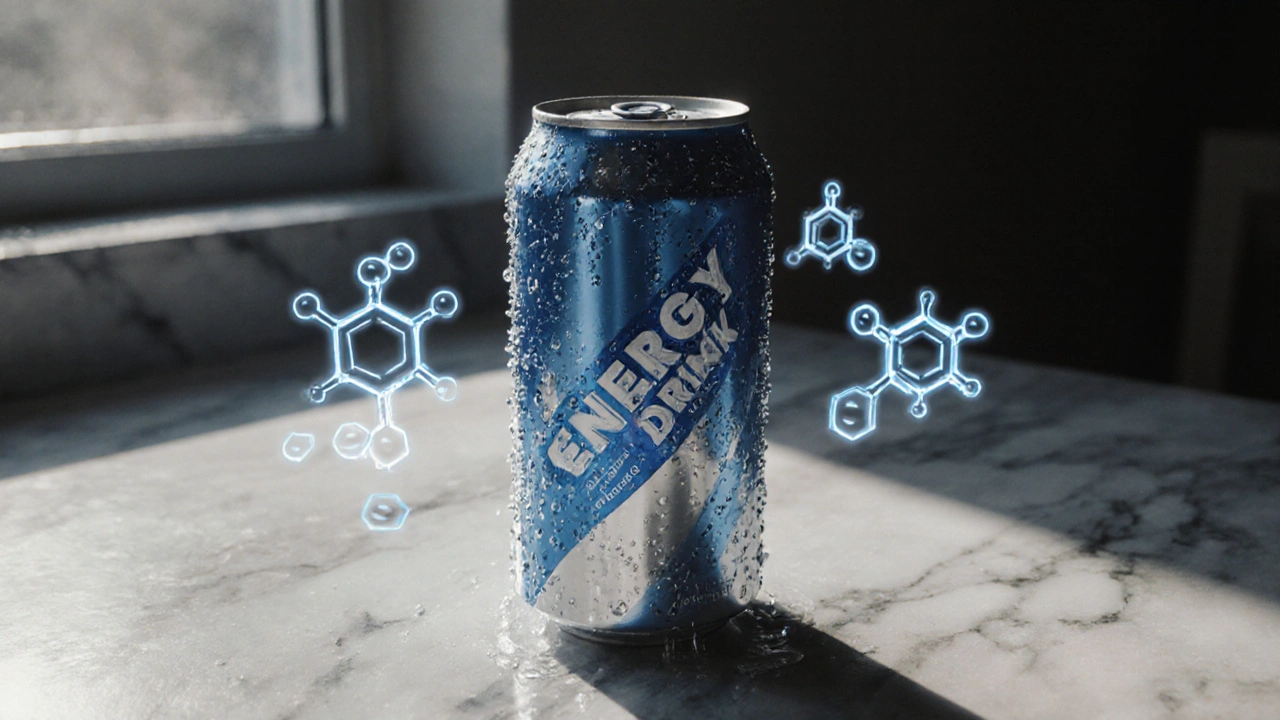Caffeine Safety: What You Need to Know About Safe Limits and Side Effects
When we talk about caffeine safety, the acceptable and safe level of caffeine intake for most healthy adults without causing harmful effects. Also known as caffeine tolerance, it’s not just about how much you can drink—it’s about how your body handles it over time. The FDA says 400 mg a day is fine for most adults. That’s about four cups of coffee or two large energy drinks. But here’s the catch: not everyone fits that number. Some people feel jittery after one can. Others can drink three and sleep fine. Your genetics, weight, and how often you use caffeine all change the game.
Caffeine overdose, a dangerous spike in caffeine levels that can trigger rapid heartbeat, panic attacks, or even seizures. It’s rare, but it happens—especially with energy drinks packed with 200 mg or more per can, plus other stimulants. One post here breaks down what happens if you hit 1,000 mg. Spoiler: your heart doesn’t thank you. Another looks at C4 and Prime energy drinks, showing how their caffeine stacks up against safety limits. And if you’re mixing caffeine with meds, exercise, or sleep deprivation, you’re playing with fire. Caffeine side effects, physical reactions like anxiety, insomnia, stomach upset, or elevated blood pressure caused by too much caffeine. These aren’t just "bad vibes"—they’re your body’s warning signs.
People think energy drinks are the only problem, but soda, coffee, and even some supplements add up. One article checks if a daily Coke Zero is safe. Another digs into how caffeine affects your liver and kidneys. If you’re an athlete, you might be drinking more than you realize—some energy drinks for athletes sneak in extra caffeine under the guise of "performance boost." And if you’ve ever felt your heart race after a drink, you’re not alone. There’s a whole guide on how to calm it down fast.
There’s no one-size-fits-all rule for caffeine safety. It’s personal. But the data is clear: pushing past 400 mg daily increases risk. Skipping sleep? Add caffeine? That’s a double hit. Mixing it with alcohol? Even worse. The posts below give you real examples—from what’s in your favorite drink to what your body does when it’s overwhelmed. You’ll find exact numbers, real side effects, and simple ways to avoid the crash before it hits. No guesses. No marketing. Just what works—and what doesn’t.
Zero sugar energy drinks may seem healthier, but they still contain high caffeine, artificial sweeteners, and acid that can harm sleep, teeth, and metabolism. Here’s what science says about their real risks.

